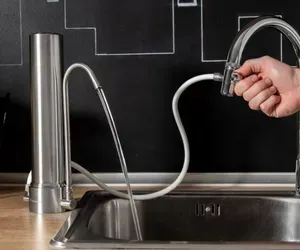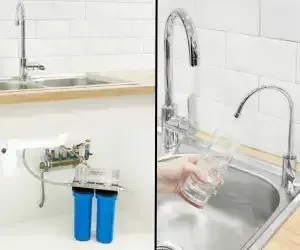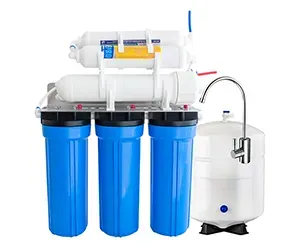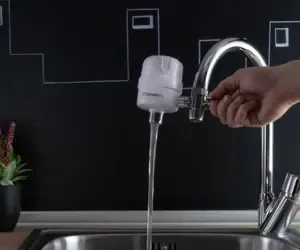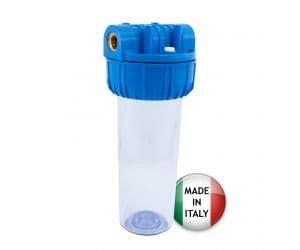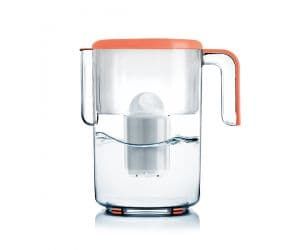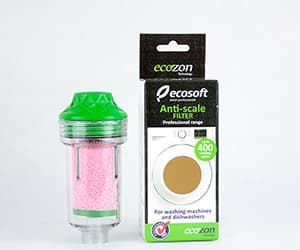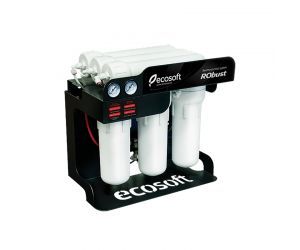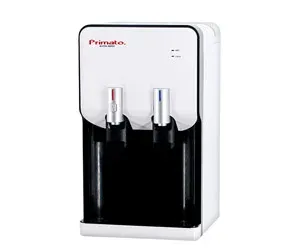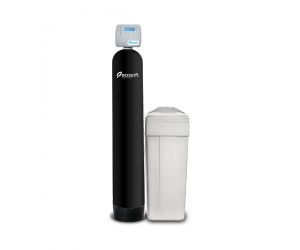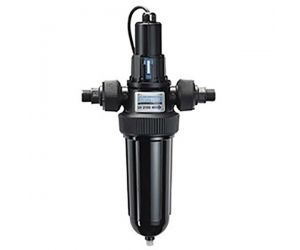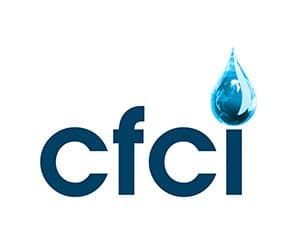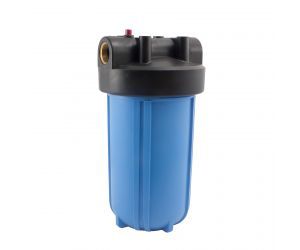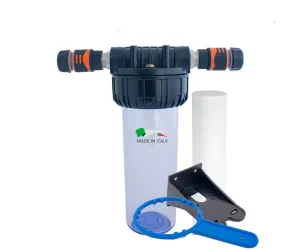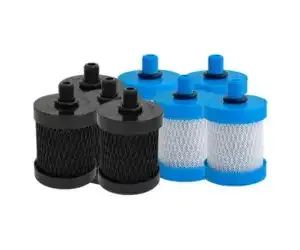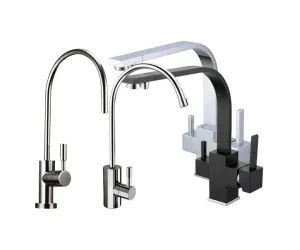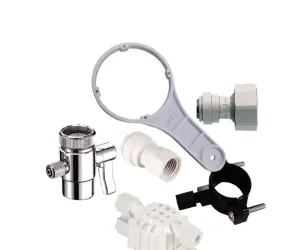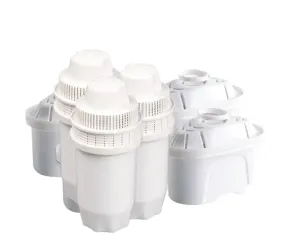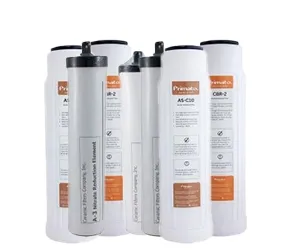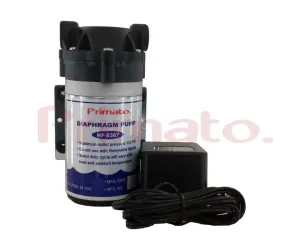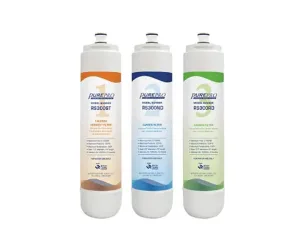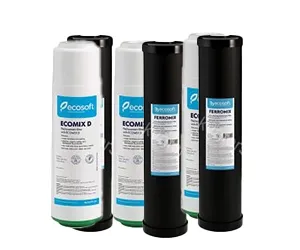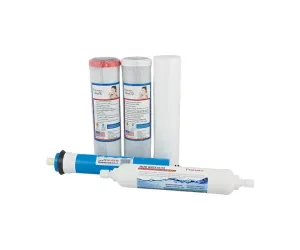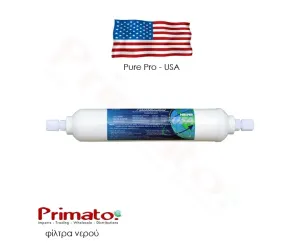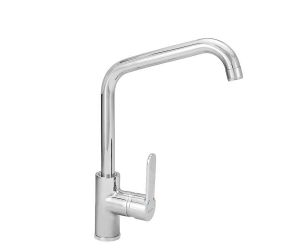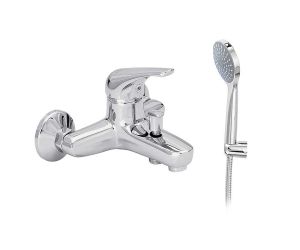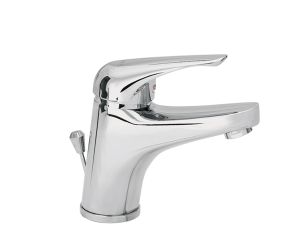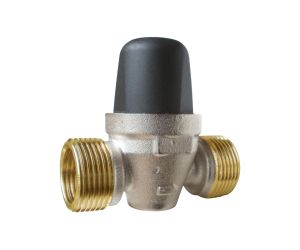Why does hot water freeze faster than cold water?
Scientists have been able to calculate that hot water actually freezes faster in a freezer than colder water under certain circumstances, as hot water transfers its energy exponentially faster.
It may sound as a paradox, but it can be confirmed even with a simple experiment at home: hot water freezes faster than water at room temperature. This fact has been observed since ancient times and by famous scientists such as Aristotle or Descartes, but it is called the Mpempa phenomenon in honor of Erasto Mpempa, a student from Tanzania who described it in 1963.
Over time, scientists have proposed dozens of explanations for the phenomenon, which seems to contradict the basic laws of thermodynamics, but no theory has been adopted as the definitive answer. In fact, in 2012, the Royal Society of Chemistry of Great Britain announced that it would give a prize of 1,000 pounds to anyone who managed to satisfactorily explain the phenomenon, in a competition where 22,000 people participated. Although the award was given to Nikola Brekovic, the issue was not considered to be fully settled.
Two physicists from Singapore's Nanyang Polytechnic, however, believe they have come up with a comprehensive explanation of the phenomenon, which takes into account the particular interactions between water molecules.
Each water molecule binds to its neighboring ones with an electromagnetic bond called a hydrogen bond. In fact, it is responsible not only for the high surface tension of water, but also for the high boiling point of water compared to other liquids.
Dr. Sun Changqing and Dr. Xi Zhang went a step further, considering that hydrogen bonds also regulate the way water stores and releases energy. According to them, the rate of energy change in water molecules depends on its initial state.
In particular, when water is heated, hydrogen bonds interact with covalent bonds that are also involved in water molecules, causing the latter to shrink, storing energy when heated. This contraction during heating, leads to the release of energy at an exponentially faster rate during cooling, compared to the colder water in which the covalent bonds are not compressed. With this in mind they were able to calculate how hot water actually freezes faster in a freezer than colder water under certain circumstances, as hot water transfers its energy exponentially faster.
The research of the two scientists was published in the journal Scientific Reports.
Source: naftemporiki.gr
Recent posts
- The Future of Water: How Primato Filters are Pioneering New Standards in Water Safety
- Primato's Journey at Aquatech Amsterdam: Building Bridges and Expanding Horizons
- The Journey of Water: From Source to Tap - Understanding the Filtration Process
- What are three way water filter taps?
- Shower water filters
- Commercial water filters for hotels, restaurants and cafes
- The reason why more and more people prefer undercounter water filters
- Zeolites in water treatment
- The water supply network of Athens
- The whole truth about water filters
- Russian water filters with aragonite - Purchase guide
- Choosing and buying a countertop water filter
- I live in Athens. Do I need a water filter?
- Water Filter Prices: Full Guide
- Does filtered water help with allergies?
- 10+ reasons to add more water to your lifestyle!
- Zeolite: A natural mineral in the service of water filtration
- Thessaloniki Water: From the source to the glass
- Meet the Greek Water Filters Manufactured in Thessaloniki
- Water Filters with Zeolites
- Turning a coconut into activated carbon
- Thessaloniki: Which Are The Best Water Filters?
- Tap water in Greece: Is it safe? The problems and the solutions
- How to Choose the Right Replacement Filter
- Ultra filtration and Hollow Fiber Membranes explained
- How hard is water in Thessaloniki?
- Whole house water filter cartridges - How to choose the right one!
- Countertop water filters - What to look for before I buy
- Do I need a water filter if I live in Athens?
- Everything you need to know about tap water filters
- Under-sink water filters - Everything you need to know
- Reverse Osmosis - What is it and how it works
- World Water Day - 22 March
- Primato goes sailing!
- What are water filters?
- Reverse Osmosis - Perfect for islands, drilling water and aquariums
- What is the activated carbon found in our water filters?
- Arsenic in the Water - The ubiquitous venom
- Hexavalent Chromium - A Carcinogen That Should Be Reduced Immediately!
- Paranoia of alkaline water - Understanding PH
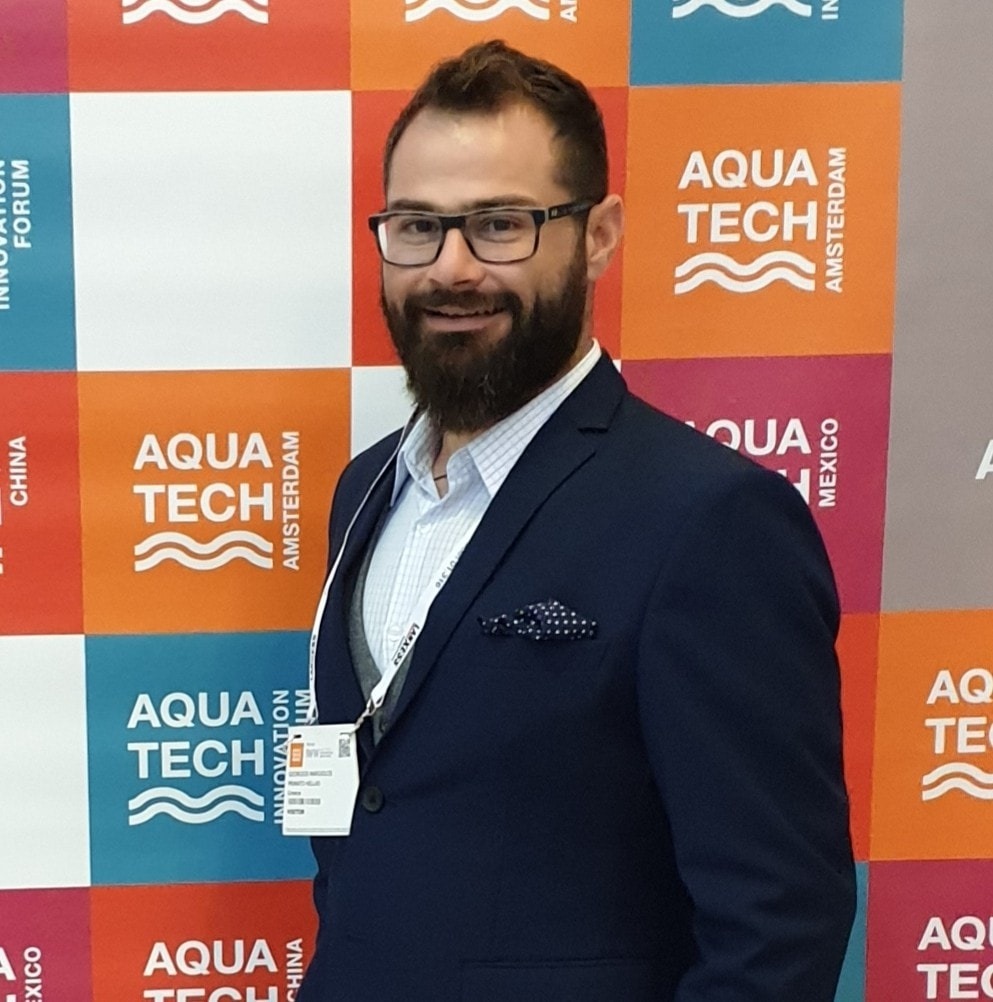
George Margiolos
George Margiolos was born in Thessaloniki and has graduated from the Department of Marketing of the Alexandreio Technological Educational Institute of Thessaloniki. He is fluent in English and (not so fluent) in German.
Ηe has been Project Manager at Avery Dennison - Fastener Division in the UK. There, his main project was to redesign the company's products into new applications so as to become more environmentally friendly. In combination with the fact that in the UK people are more familiar with water filters, he has developed a love for environmentally friendly water filters, which reduce the use of plastic bottles and improving people's quality of life.
Since 2008, he has published over 300 unique educational and informative articles on water filters and new water treatment technologies.
Occasionally, universities and doctoral students request to use George Margiolos' articles in their research because of their quality and uniqueness.
